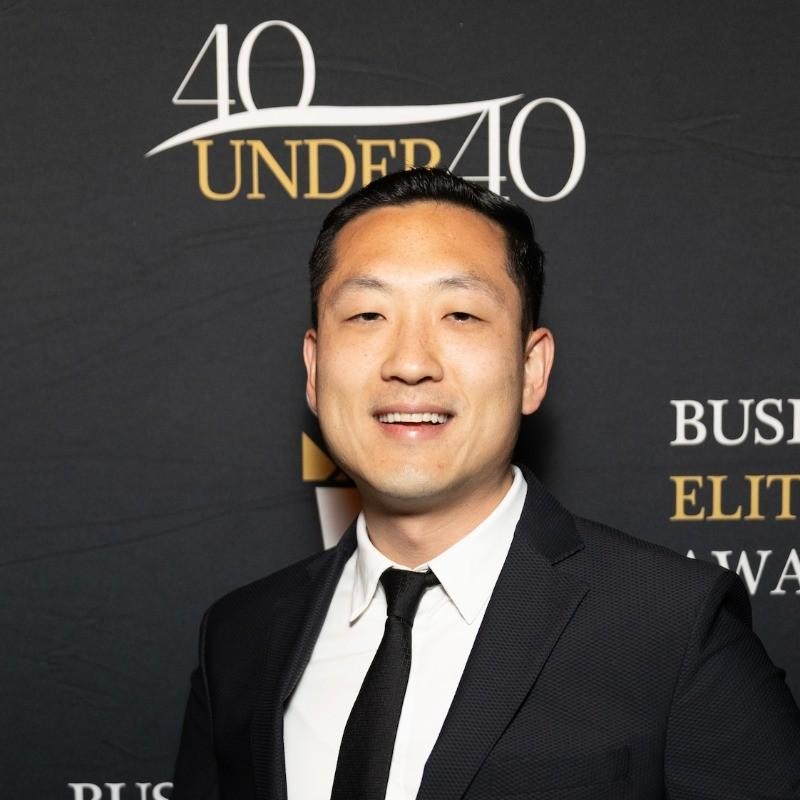Explore More
Why Technical Leaders Are Trading Silicon Valley for Global Impact
The future of technical leadership embraces diverse experiences, fostering high-performing teams with holistic growth strategies.

The traditional path to tech leadership is shifting, as top engineering talent increasingly opts for portfolio careers that span multiple industries and geographies. This evolution reflects a broader change in how technology expertise is valued and deployed across the business world, with leaders finding success through varied experiences rather than lengthy tenures at single organisations.
The Rise of the Multi-Domain Technical Leader
Recent industry analysis from recruiting experts shows that modern technical leadership requires a rare combination of deep engineering knowledge and refined soft skills. The most sought-after leaders demonstrate mastery across different technical domains while building and nurturing high-performing teams.
John Lee, recently named Top Technical Leader for 2025 by the International Association of Top Professionals, represents this emerging breed of technical leader. His career spans crucial engineering roles at companies including Amazon, Riot Games and Chainlink Labs, showcasing the value of cross-pollinating expertise across different technical challenges.
Beyond Technical Excellence
According to Deloitte’s latest research, technical professionals are spending roughly 50% more time learning new skills compared to previous years. This emphasis on continuous learning extends beyond coding and architecture to encompass business strategy and team leadership.
‘Choosing John for this honour was an easy decision for our panel. He is inspirational, influential, and a true visionary and thought leader’, notes Stephanie Cirami, President of IAOTP, highlighting how modern technical leadership transcends pure engineering capability.
The Athletic Edge in Technical Leadership
A fascinating trend among successful technical leaders is their pursuit of demanding physical challenges alongside their professional achievements. This parallel between athletic and technical excellence isn’t coincidental – both require disciplined preparation, strategic thinking and resilient mindset.
Lee’s completion of eight Ironman Triathlons and two World’s Toughest Mudder events shows how high-achieving technical leaders often apply their drive for excellence across multiple domains. This holistic approach to personal development creates more well-rounded leaders capable of inspiring their teams beyond technical objectives.
Education Evolution
The path to technical leadership is evolving beyond traditional computer science degrees. While strong technical foundations remain crucial – as seen in Lee’s computer engineering degree from Cal Poly – modern leaders are supplementing their technical education with business and psychology training.
This trend aligns with current industry demands, as research indicates that adaptability, communication and collaboration skills are now equally vital for technical leadership roles. The combination of executive education from prestigious institutions like Wharton and Harvard Business School with hands-on engineering experience creates leaders who can bridge the gap between technical excellence and business strategy.
Community Impact and Mentorship
Modern technical leaders increasingly recognise their responsibility to nurture the next generation of talent. This shift from pure technical delivery to community building and mentorship marks a mature phase in the industry’s evolution.
Through pro bono advisory work with aspiring entrepreneurs and mentorship programmes with university students, forward-thinking leaders are helping to create sustainable talent pipelines. This approach addresses a critical industry need, as recent studies show that developing strong technical microcultures is essential for attracting and retaining top talent.
Looking Ahead
The future of technical leadership appears to be moving away from the traditional Silicon Valley model of lengthy tenures at major tech companies. Instead, the most effective leaders are those who can adapt their technical expertise across different contexts while building strong, culturally-aligned teams.
This evolution suggests that tomorrow’s technical leaders will need to balance deep technical knowledge with broader business acumen and strong interpersonal skills. The success of this approach is already evident in the achievements of leaders who have embraced this multifaceted approach to technical leadership.



